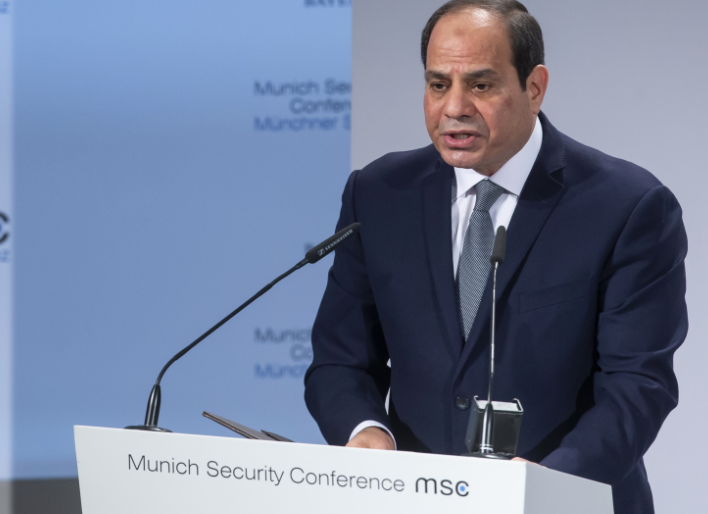Egypt has implemented several reforms in areas such as industry, food self-sufficiency and investments in order to cushion the various global shocks. However, new measures are needed to further strengthen the country's economic resilience.
Egyptian President Abdel Fattah al-Sisi has taken five new measures aimed at improving people’s living conditions. The information was made public by the presidency on Thursday 2 March.
These measures relate to a program to improve the income of public service workers and executives in the private sector, which will increase by a minimum of approximately $32.5 per month.
Tier 6 workers will now have a minimum wage of around $114, while Tier 3 workers will get nearly $162.4 a month. The minimum salary for master’s degree graduates working in the country will be around $195 per month, and for doctoral graduates working in the country will be around $227.4 per month.
The third measure set out by the Egyptian leader is a 15% increase in pensions paid to their holders and beneficiaries, starting April 1, 2023. The tax exemption limit on annual income of around $780 will be raised to approximately $975 per year, starting April 1, 2023. The latest measure is to increase the financial tranches granted to beneficiaries of the Takaful and Karama programs by 25% per month, also starting April 1, 2023.
This decision by the Head of State will strengthen the resilience of the Egyptian populations in the face of the effects of the global crisis. Indeed, Egypt, like all countries, is experiencing a record rise in energy and food prices.
“The economic reforms implemented by the state since 2016 and the achievements made to maximize the country’s assets and develop infrastructure have largely contributed to containing the effects of this global crisis in Egypt,” said President al-Sissi, admitting , all the same, that the situation has “significantly affected global supply chains” in the country.








Réagissez à cet article